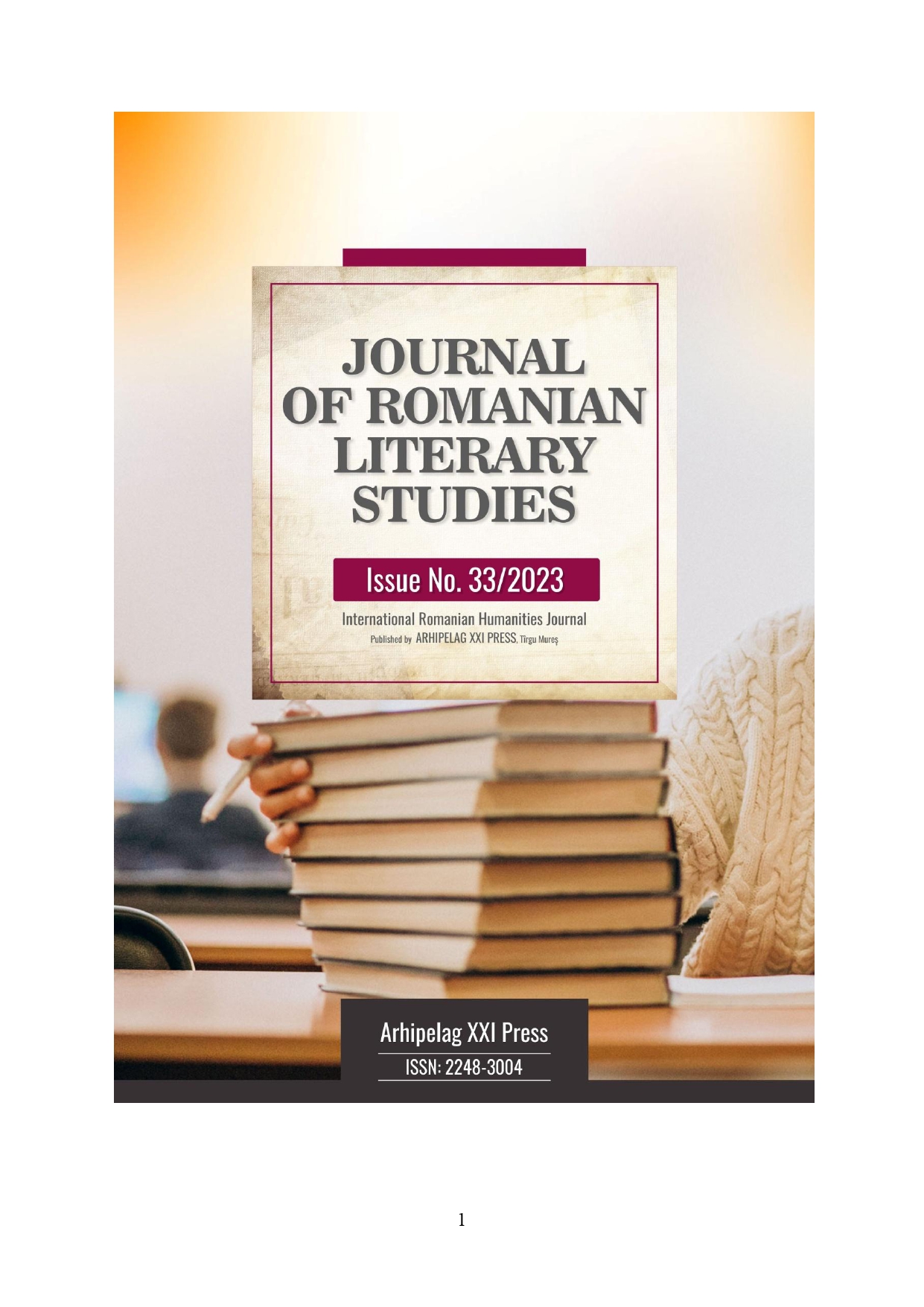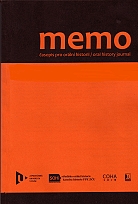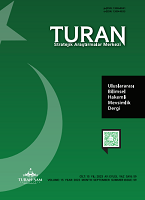
THE RELATIONSHIP BETWEEN EMOTIONAL INTELLIGENCE AND COMMUNICATION STYLE IN CHILDREN WITH SPECIAL EDUCATIONAL REQUIREMENTS
The need to communicate is a necessity of the human being to exchange information with his peers. It sets in motion a dynamic, verbal and non-verbal process, allowing people to become accessible to each other, to manage to share feelings, opinions, experiences and information, thus highlighting the relationship between emotional intelligence and communication. Blocked by their own emotions, children with special educational needs encounter great difficulties in communication and school adaptation. The change in the living environment of the child with special educational requirements influences the somatic and mental state of the child, children cannot know all the diversity of human experience, thus many of the social and personal resources remain inaccessible to them. Through this article we want to elucidate intelligence as a complex system of operations that conditions the general way of approaching and solving the most diverse situations and problematic tasks in which the child with special educational requirements finds himself.
More...


